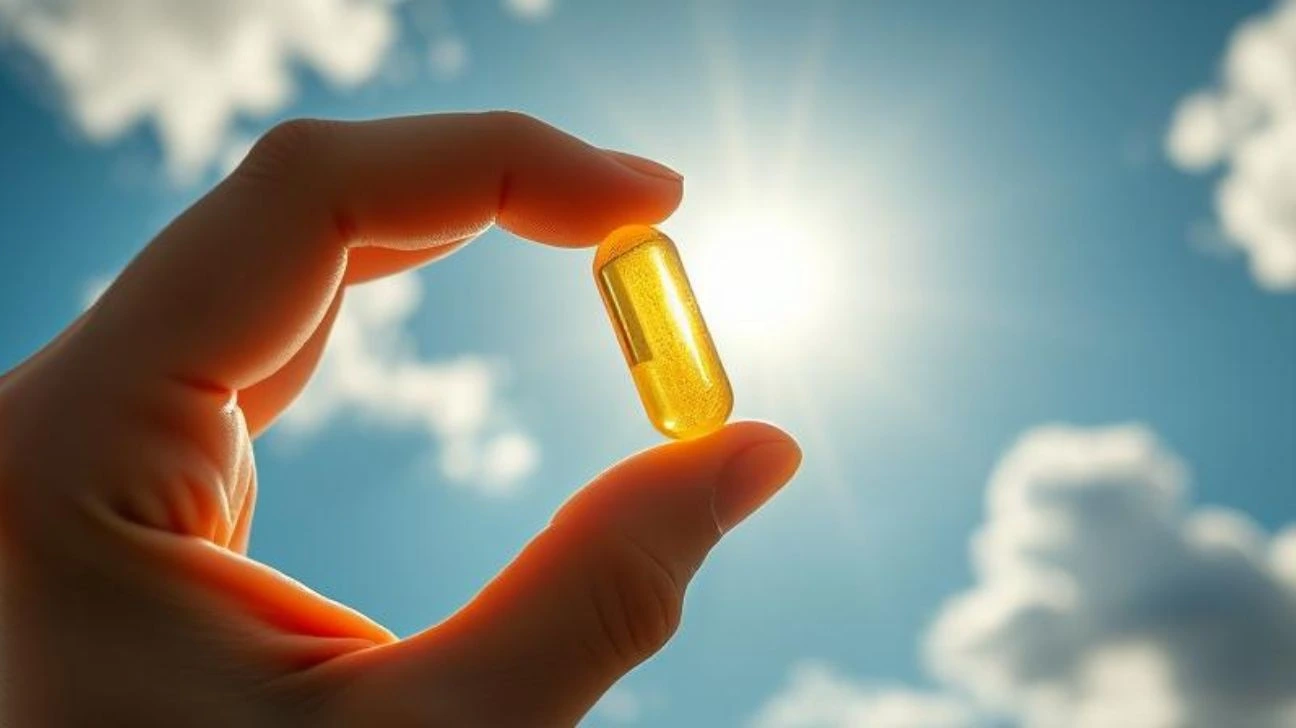Introduction
Did you know that a staggering 42% of Americans lack adequate Vitamin D? Often called the “sunshine vitamin,” this nutrient is a silent hero, influencing everything from your immune defenses to your mental well-being. Yet, despite its importance, many of us overlook the signs of deficiency until it’s too late. How can you ensure you’re hitting the mark? Let’s unpack the essentials.
Why Vitamin D Matters More Than You Think
Vitamin D isn’t just for bones—it’s a multitasking marvel:
- Bone and Teeth Health: Without enough Vitamin D, your body struggles to absorb calcium, raising the risk of osteoporosis and stress fractures.
- Immune Defense: Low levels are tied to frequent illnesses, like colds or prolonged recovery times.
- Mental Wellness: Research links deficiency to seasonal depression and mood swings.
- Muscle Power: Athletes, take note—it aids muscle repair and reduces cramping.
How Much Vitamin D Do You Really Need?
The numbers vary based on age, lifestyle, and even where you live. Here’s a snapshot of daily recommendations:
| Group | Recommended Daily Intake |
|---|---|
| Infants (0–12 months) | 400 IU (10 mcg) |
| Children & Adults | 600 IU (15 mcg) |
| Adults Over 70 | 800 IU (20 mcg) |
| Pregnant/Breastfeeding | 600 IU (15 mcg) |
Note: Darker skin tones, indoor lifestyles, or living in cloudy regions may require higher intake. Always consult a healthcare provider for personalized advice.
Spotting the Hidden Signs of Deficiency
Could your fatigue or persistent colds be a Vitamin D red flag? Watch for:
- Chronic tiredness that coffee can’t fix.
- Aches in bones (especially in your back or legs).
- Frequent infections or slow healing.
- Low mood that lingers, even in sunny weather.
- Hair thinning or muscle weakness.
A simple blood test (25-hydroxy Vitamin D) can confirm your levels—aim for 30–50 ng/mL for optimal health.
3 Ways to Boost Your Vitamin D Levels
- Smart Sun Exposure
- Aim for 10–30 minutes of midday sun, 3–4 times a week. Lighter skin? Start with 10 minutes; darker tones may need 30.
- Don’t scrub off sunscreen entirely—opt for SPF on your face but let arms/legs soak up rays briefly.
- Foods That Deliver
- Fatty Fish: Wild-caught salmon (570 IU per 3 oz) or sardines.
- Egg Yolks: Choose pasture-raised for a D3 boost.
- Fortified Foods: Plant-based milks, cereals, or UV-exposed mushrooms.
- Supplements Done Right
- D3 (Cholecalciferol): More effective than D2.
- Pair with Fat: Take with avocado or nuts for better absorption.
- Dosage: Start with 1,000–2,000 IU daily unless your doctor advises more.
Vitamin D’s Surprising Health Perks
Beyond bones, studies reveal:
- Weight Management: A 2020 trial found adequate D levels linked to easier belly fat loss.
- Heart Health: Low D may increase hypertension risk by 30%.
- Autoimmune Defense: Research shows reduced multiple sclerosis and rheumatoid arthritis risk.
Can You Overdo Vitamin D?
Yes—though rare, excessive intake (over 4,000 IU/day) can lead to nausea, kidney issues, or calcium buildup. Stick to recommended doses and test levels annually if supplementing.
Take Action Today!
Don’t let a deficiency creep up on you. Get outside, tweak your diet, or consider a supplement. And if you’ve felt “off” lately? Ask your doctor for a blood test—it could be the missing piece in your health puzzle.
FAQs
Q: Can I rely solely on food for Vitamin D?
A: It’s tough—even a salmon-rich diet provides just 400–500 IU. Pair food with sunlight or supplements.
Q: Does sunscreen block Vitamin D?
A: Yes, but balance is key. Brief unprotected exposure followed by SPF protects skin while boosting D.
Q: Are Vitamin D lamps effective?
A: Some studies show UV lamps can help, but consult a dermatologist to avoid skin damage.
Q: Why do darker-skinned folks need more D?
A: Melanin reduces UVB absorption. African Americans, for instance, need ~1.5x longer sun exposure.
Q: Can low D cause hair loss?
A: Possibly! Vitamin D receptors in hair follicles may slow growth if levels drop.
Your Next Step
Share this guide with a friend who’s always tired or battling colds—it might be the nudge they need! And if you’ve conquered deficiency, drop a comment below. How did you fix it? ☀️

Very great post. I just stumbled upon your blog and wished to mention that I’ve
truly loved browsing your blog posts. After
all I’ll be subscribing in your rss feed and I hope you write again very soon!